INSIGHTS
Healthy habits: what to do and how to not give up?

Image credits: Unsplash
Today we have a lot of science-based recommendations that work for a high quality of life in the long term. And it turns out that to be productive and look our best, and to have enough energy and stay healthier, we can use simple and proven principles in our everyday life. While they are quite simple and free, they do need our time and attention — and that's a challenge. And today, together with Andrew Belaveshkin, MD PhD, our Medical Advisor at Palta, we'll try to outline how to make it easier for us to stick to them.
Healthy lifestyle — what's that?
There are three main parts of a healthy lifestyle:
Exercise: Our minimum is 150 active minutes and a minimum of two workouts a week. And our optimum is two-three times more — that is 300-450 active minutes and 3-4 sessions of strength training. The minimum is the level below which some diseases start developing, and the optimum is in order for us to have a minimum risk of all diseases generally.
Food: Observe a healthy diet and eat less processed foods, choosing whole foods instead. One basic and effective recommendation is to keep it simple.
And biorhythms: get enough sleep and maintain proper sleep hygiene to take care of the quality of your sleep. We all know some basic things about sleeping — ventilate your bedroom and keep it dark, and avoid electronic devices an hour before bedtime.
Those are the key elements; if we don't follow these basic steps, then other efforts are pointless. Everything sounds pretty simple, but in reality it's really hard to follow — it needs our time and attention and changes the way we are used to live.
- Physical, related to the body — exercising, nutrition and sleep/circadian rhythms. That's pretty well-known and obvious.
- Psychological — mindfulness, stress tolerance. We also need to train these skills to keep ourselves in a good state.
- And environmental — both real and digital matters if we are talking about our everyday experiences. We adopt some things, we copy them, and the environment affects us — even what we see outside our window.
Exercise: Our minimum is 150 active minutes and a minimum of two workouts a week. And our optimum is two-three times more — that is 300-450 active minutes and 3-4 sessions of strength training. The minimum is the level below which some diseases start developing, and the optimum is in order for us to have a minimum risk of all diseases generally.
Food: Observe a healthy diet and eat less processed foods, choosing whole foods instead. One basic and effective recommendation is to keep it simple.
And biorhythms: get enough sleep and maintain proper sleep hygiene to take care of the quality of your sleep. We all know some basic things about sleeping — ventilate your bedroom and keep it dark, and avoid electronic devices an hour before bedtime.
Those are the key elements; if we don't follow these basic steps, then other efforts are pointless. Everything sounds pretty simple, but in reality it's really hard to follow — it needs our time and attention and changes the way we are used to live.
How can we make it easier to stick to healthy habits?
In terms of our favorite dopamine, one of the most important neurotransmitters — we have to balance between effort and pleasure. Our brain evaluates these two things, wanting to get more pleasure while making a minimum effort. That's why it might be hard to follow healthy diets. We have to make many new efforts and get no instant pleasure — only obstacles. Then we give up at any convenient moment as we can't go far only on willpower. And as soon as we have a stressful deadline or something else stressful — the whole lifestyle comes crashing down. So we need a different concept of making new habits. And here we have four pieces of advice:
1. Make this habit as easy as possible.
Try your best to automate it. For example, talking about food — keep a supply of healthy food, choose the simplest recipes, and think of how you can spend as little physical and mental effort as possible to follow the habit.
2. Think of how to have pleasure from this very process.
How can we increase enjoyment? If it's about food again, we can — light a candle, have a beautiful napkin and post a photo on Instagram. If it's about sports — buy some stylish workout clothes, put on your favorite upbeat music, or take a showing-off photo at the gym. Find a way to have a reward somehow. Our goal here is to generate pleasure — the more pleasure we have, the fewer reasons to quit we see.
3. Keep the focus on the image of the delayed results.
If we can see our future goal and feel it deep within ourselves, we will light up and start right away!
There has been scientific research on cases when people saw their aged photos, it was enough to see this photo once to use sunscreen more frequently, even after six months. Or to quit smoking after seeing a photo with the harmful consequences of smoking just one time. When we see restrictions as delayed pleasure, it turns out we've hacked the brain's pleasure system. We start to enjoy healthy habits more when following them.
4. Remember the habit of doing the habit.
There are actually two levels of habit when we talk about any daily action — the action itself and the habit of doing the habit. Sometimes it is not even important to do the workout itself, but it might be extremely important to put on the trainers and have a walk around the house instead if you have no energy for a regular workout. That's how we maintain the habit, the brain remembers everything and considers that as a workout too. Keep the habit alive no matter what, and never miss anything twice in a row.
1. Make this habit as easy as possible.
Try your best to automate it. For example, talking about food — keep a supply of healthy food, choose the simplest recipes, and think of how you can spend as little physical and mental effort as possible to follow the habit.
2. Think of how to have pleasure from this very process.
How can we increase enjoyment? If it's about food again, we can — light a candle, have a beautiful napkin and post a photo on Instagram. If it's about sports — buy some stylish workout clothes, put on your favorite upbeat music, or take a showing-off photo at the gym. Find a way to have a reward somehow. Our goal here is to generate pleasure — the more pleasure we have, the fewer reasons to quit we see.
3. Keep the focus on the image of the delayed results.
If we can see our future goal and feel it deep within ourselves, we will light up and start right away!
There has been scientific research on cases when people saw their aged photos, it was enough to see this photo once to use sunscreen more frequently, even after six months. Or to quit smoking after seeing a photo with the harmful consequences of smoking just one time. When we see restrictions as delayed pleasure, it turns out we've hacked the brain's pleasure system. We start to enjoy healthy habits more when following them.
4. Remember the habit of doing the habit.
There are actually two levels of habit when we talk about any daily action — the action itself and the habit of doing the habit. Sometimes it is not even important to do the workout itself, but it might be extremely important to put on the trainers and have a walk around the house instead if you have no energy for a regular workout. That's how we maintain the habit, the brain remembers everything and considers that as a workout too. Keep the habit alive no matter what, and never miss anything twice in a row.
Where to start?
If we want to understand something — the first thing to do is to observe or measure it. We all know the joke: «if it doesn't exist in my calendar, then it doesn't exist at all». And we know that it's not really a joke.
With other types of planning — it's the same. Start to log everything you want to change. It may seem to be boring at first but believe us, it really works. You will see the first benefits already from the observer effect — you immediately start to perform better when you start to pay attention — whether it's a workout diary or your morning pages for mental health. Start to think regularly about your routines to change, and that's it.
We have many tools to help you here with the first steps — paper diaries, gadgets to track your activity, web services, and mobile applications. We also have some applications developed at Palta to boost your health awareness, you may try checking them out — Simple for nutrition, Zing for exercises or Loona for sleeping.
But the fact is you don't need anything to start — just an everyday thought and an everyday small action. Step by step, without trying to make it all at once. And the results won't make you wait too long.
With other types of planning — it's the same. Start to log everything you want to change. It may seem to be boring at first but believe us, it really works. You will see the first benefits already from the observer effect — you immediately start to perform better when you start to pay attention — whether it's a workout diary or your morning pages for mental health. Start to think regularly about your routines to change, and that's it.
We have many tools to help you here with the first steps — paper diaries, gadgets to track your activity, web services, and mobile applications. We also have some applications developed at Palta to boost your health awareness, you may try checking them out — Simple for nutrition, Zing for exercises or Loona for sleeping.
But the fact is you don't need anything to start — just an everyday thought and an everyday small action. Step by step, without trying to make it all at once. And the results won't make you wait too long.

Andrew Belaveshkin
Medical Advisor, Palta
Other stories
